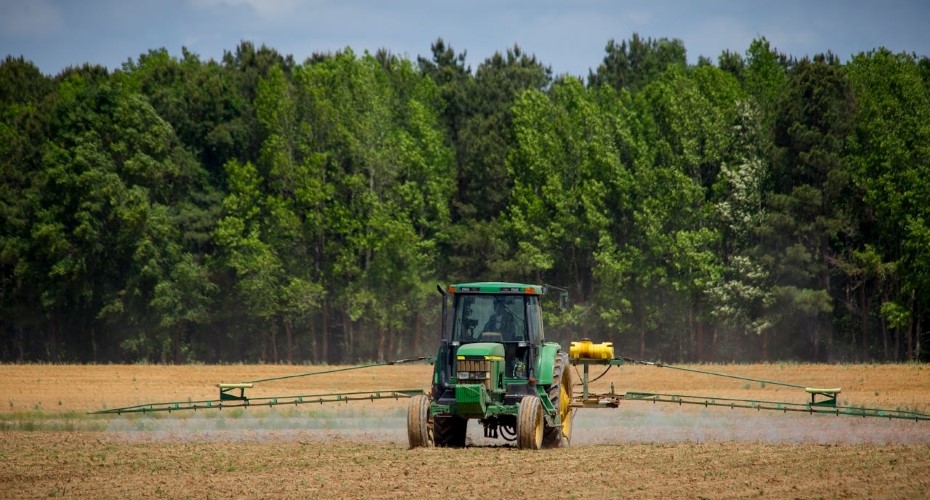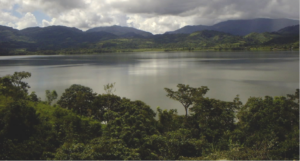‘Enhanced weathering’ carbon capture is not one size fits all

Image: Pexels
Regional context is key to climate strategy according to a new study that highlights variations between countries in the sustainability of a promising climate mitigation method.
The study, published in Energy Economics,assesses the sustainability, in economic, environmental and societal terms, of ‘enhanced weathering’ in eight top-emitting countries – USA, UK, France, Germany, Brazil, Russia, India, and China.
Enhanced weathering is a carbon capture method that involves the mining, crushing, grinding and application of silicate rocks such as basalt on croplands.
Carbon dioxide in the atmosphere helps the rocks to dissolve, and the weathered by-products, which include carbon, are then transported by surface and groundwater runoff into the oceans, which act as a carbon sink.
The study is the first to assess the sustainability of enhanced weathering through a ‘triple bottom line’ approach, evaluating the economic, environmental and social impact of enhanced weathering on the eight countries.
The researchers devised a framework using data sets for economic impact including GDP, gross operating surplus, imports, wages and working hours, with environmental impact measured through greenhouse gas emissions, material use and energy use, and social impact assessed using data from the social hotspot database (SHDB).
They found that production of silicates for enhanced weathering boosts the economies of developed countries with higher employee compensation and GDP such as the USA, UK, France and Germany, whereas in emerging economies such as Brazil and China the economic impact is less positive due to longer working hours.
The environmental impact of producing silicates was found to be more profound in countries such as Brazil, Russia and India, which was attributed to their high and inefficient energy use, whereas production of silicates in developed countries such as France and the UK was more environmentally sustainable due to their more efficient use of materials and energy.
Better labour rights and more stringent health and safety regulations in developed countries also meant these countries were deemed more socially sustainable in their production of silicates for enhanced weathering, although the USA was an exception to this rule on account of a more challenges for labour rights and working conditions.
France ranked first for sustainability overall, with India the lowest ranked country.
Dr Eunice Oppon, Lecturer in Sustainability and Business Analytics at the University of Exeter Business School, said: “To improve sustainability outcomes, it is imperative to focus on reducing emissions and energy use associated with silicate rock production, particularly in developing regions.
“Policymakers should focus on improving environmental practices, particularly in emerging economies, by implementing regulations to reduce greenhouse gas emissions and energy use associated with the production of silicate rocks.
“Developed countries, on the other hand, should leverage their economic and social strengths to support global sustainability initiatives.
“The UK and France, for example, perform best in environmental and social sustainability metrics, indicating the effectiveness of their existing policies. By adopting best practices from these countries, other nations can enhance their own sustainability outcomes.”
‘Sustainability performance of enhanced weathering across countries: A triple bottom line approach’ is published in Energy Economics.



